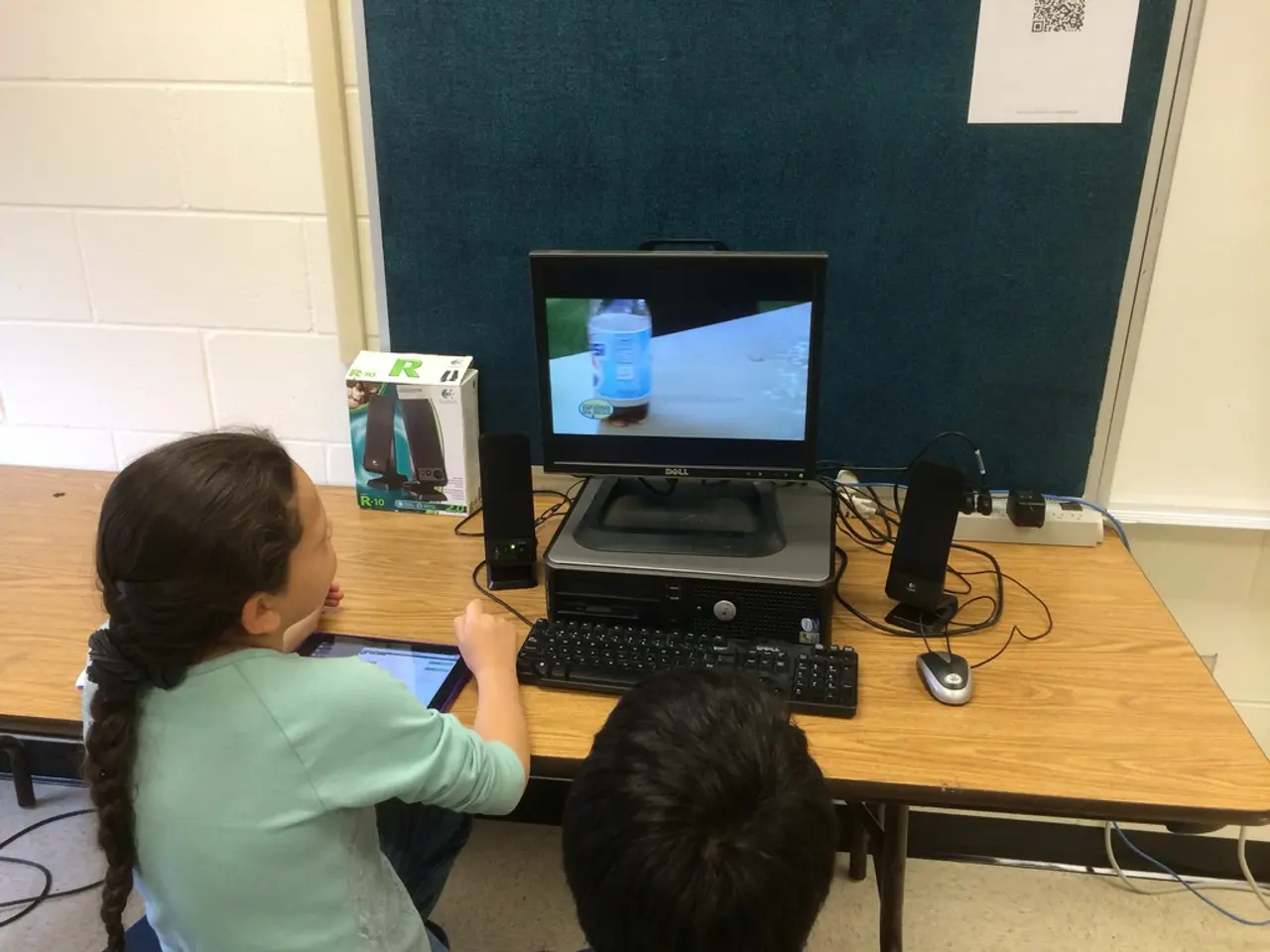Children's Difficulty in Disconnecting from Digital Devices
In the digital age, children are increasingly finding it difficult to disengage from screens, a challenge that stems from the addictive nature of screen use. The dopamine-triggering mechanisms embedded in digital activities create strong habits, dependencies, and cravings, making screen time highly irresistible for kids [1]. Unlike natural play, which has natural stopping points, screen time is designed with no natural ending, encouraging continuous engagement [1].
This prolonged screen time has significant and multifaceted effects on children’s brain, attention, and emotional development. For instance, excessive screen time, particularly in young children, can alter brain structure in areas linked to language and literacy development, potentially resulting in delayed language skills and impaired cognitive growth [2].
Increased screen use is also associated with shorter attention spans and difficulty focusing. Preschoolers with higher screen exposure tend to perform worse on developmental screenings, indicating potential delays in cognitive and attention skills [2][4].
Compulsive and addictive screen use correlates strongly with mental health challenges such as anxiety, depression, irritability, and even suicidal ideation. It is not just the quantity of screen time but the addictive nature—characterized by loss of control, mood regulation through screens, and withdrawal symptoms—that predicts these risks [3][5].
The blue light from screens can interfere with sleep by affecting melatonin, a hormone that signals the body it's time for rest. Poor sleep can lead to mood swings, lower self-control, and more screen cravings the next day [2]. Reduced face-to-face interaction due to screen engagement limits opportunities to develop empathy and social skills, as these rely on in-person social cue reading and emotional exchanges [2].
Addressing these issues effectively requires monitoring not just screen time but addictive use patterns. Offering engaging alternatives like crafts, outdoor activities, or quiet reading can help kids switch off screens. Setting clear, consistent rules about screen time, including device-free zones like bedrooms or dinner tables, can also aid in helping kids disengage from screens [6].
Mandy Brincat, a Gestalt psychotherapist who works with adults on various issues, including general mental health and wellbeing, anxiety, victims of domestic violence, and eating disorders, highlights the importance of modeling healthy screen habits for children. By demonstrating a balance between digital and real-world activities, parents can help their children learn to enjoy a healthier relationship with screens [7].
Recent studies and articles, such as "The addiction factor: How screen time affects kids' brains" published by Common Sense Media in 2022 and "Screen time and mental health in children and teenagers" published by Raising Children Network in 2022, underscore the importance of this issue. The Australian Broadcasting Corporation also published an article titled "Why screen time is making it harder for children to focus" in 2023 [3][4][6].
As we navigate the digital age, it is crucial to be mindful of the impact screen time has on our children's development and mental health. By promoting a balanced lifestyle and healthy screen habits, we can help our children grow into well-rounded individuals.
Encouraging outdoor-living and home-and-garden activities could provide a viable alternative to excessive screen time for children, as these activities have been shown tosupport mental health, fostering a balanced lifestyle [7]. By emphasizing the importance of mental health and Balancing screen time with healthier activities like home gardening or outdoor living, parents can model and promote safer digital habits for their children, contributing to their overall well-being [1, 6, 7].




